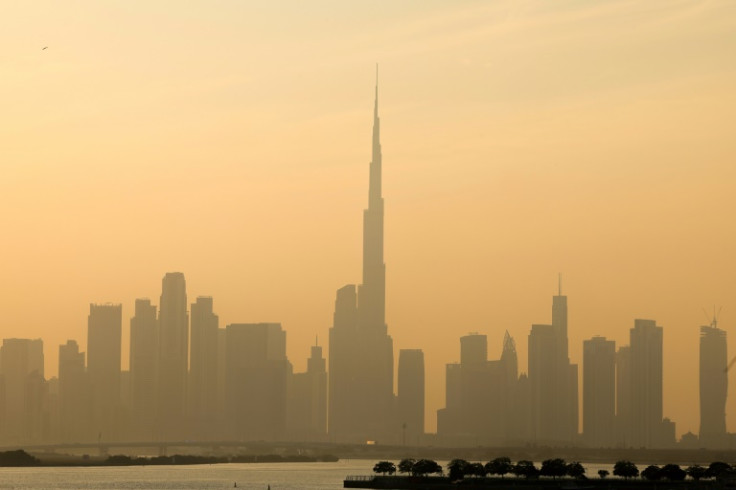RTA Says 45% Work Done On First Contract Under Phase 4 Of Al Shindagha Corridor Improvement Project

Dubai's Roads and Transport Authority (RTA) announced Sunday the completion of 45% of the works in the first contract for Phase 4 of Al Shindagha Corridor Improvement Project.
The project includes the construction of three bridges extending 3.1 km with a capacity of 19,400 vehicles per hour in all directions. It extends the intersection of Sheikh Rashid Road with Sheikh Khalifa bin Zayed Street to the Falcon Intersection on Al Mina Street by 4.8 kilometers.
Mattar Al Tayer, Director-General and chairman of the Board of Executive Directors of RTA said the aim of the project is to "facilitate free traffic movement along the corridor, enhance the capacity, and step-up traffic safety," WAM reported.
He added, "The first contract of Phase 4 includes the construction of a 1335-metre-long bridge, with a capacity of three lanes in each direction, to ensure smooth traffic flow between Sheikh Rashid and the Falcon Intersection. The bridge has a capacity of 10,800 vehicles per hour in both directions."
Al Tayer further explained that the second bridge is 780 meters long and it consists of three lanes, helping the traffic from the Falcon Intersection heading to Al Wasl Road with a capacity of 5,400 vehicles per hour.
Whereas, the third bridge has two lanes and is 985 meters long, helping the traffic from Jumeirah Street reach Al Mina Street toward Falcon Intersection, handling up to 3200 vehicles per hour.
"The project also includes constructing roads extending 4.8 km, improving surface intersections on Jumeirah Street, Al Mina Street, and Sh Sabah Al Ahmad Al Jaber Al Sabah Street, and constructing two pedestrian bridges on Sheikh Rashid Road and Al Mina Street," he said.
The work includes street lighting, traffic systems, rainwater drainage and irrigation systems, as per the Director-General of RTA. He believes that the Al Shindagha Corridor Improvement Project is one of the largest projects currently being implemented by RTA.
Overall, the project includes the development of 15 intersections along 13 km but due to its vast scale of work, it has been divided into five phases. Al Tayer noted that once the project is completed in 2030, it will reduce the journey time from 104 minutes to 16 minutes.
© Copyright 2023 IBTimes AE. All rights reserved.





















